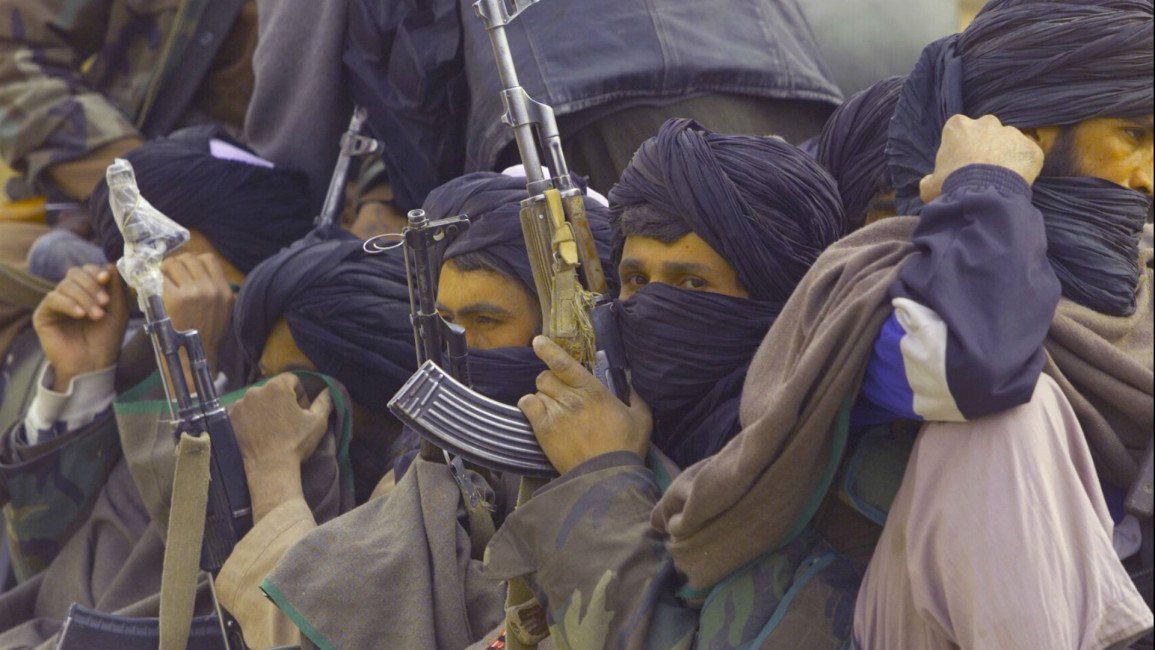The Taliban is stronger now than at any time since Afghanistan war began in 2001
Resolute Support, the US-led NATO mission in Afghanistan, released figures on Wednesday that showed Afghan forces controlled or influenced 55.5 percent of the capital.
The figure is down 0.7 percent from the previous quarter, according to the US Special Inspector General for Afghanistan Reconstruction (SIGAR), and marks the lowest level since records were first kept in November 2015.
SIGAR added that a full 12 percent of Kabul's districts were under Taliban control or influence, with 32 percent considered "contested".
Last year, US President Donald Trump unveilled a new Afghan war strategy that recommitted thousands of troops there and scrapped any timeline for a withdrawal.
The US has fought in Afghanistan since 2001, now America's longest war, and has roughly 15,000 troops deployed.
Twitter Post
|
Although the US agreed last year to classify the number of Afghan casualties, more than 5,000 have been killed each year according to figures SIGAR published before the blackout.
But SIGAR still acknowledged in its latest report that the death toll is at the highest its ever been.
"From the period of May 1 to the most current data as of October 1, 2018, the average number of casualties the (Afghan forces) suffered is the greatest it has ever been during like periods," it said.
The report also noted that "the Taliban now controls more territory than at any time since 2001".
Earlier this week, US Secretary of Defence Jim Mattis said more than 1,000 "Afghan lads" were killed or wounded in just August and September.
This year broadly has also proved to be the deadliest for Afghan civilians. Suicide bombs caused more than 2,300 civilian casualties so far, more than any other tactic, including ground fighting, according to a recent UN report.
Agencies contributed to this report.
Follow us on Twitter: @The_NewArab



